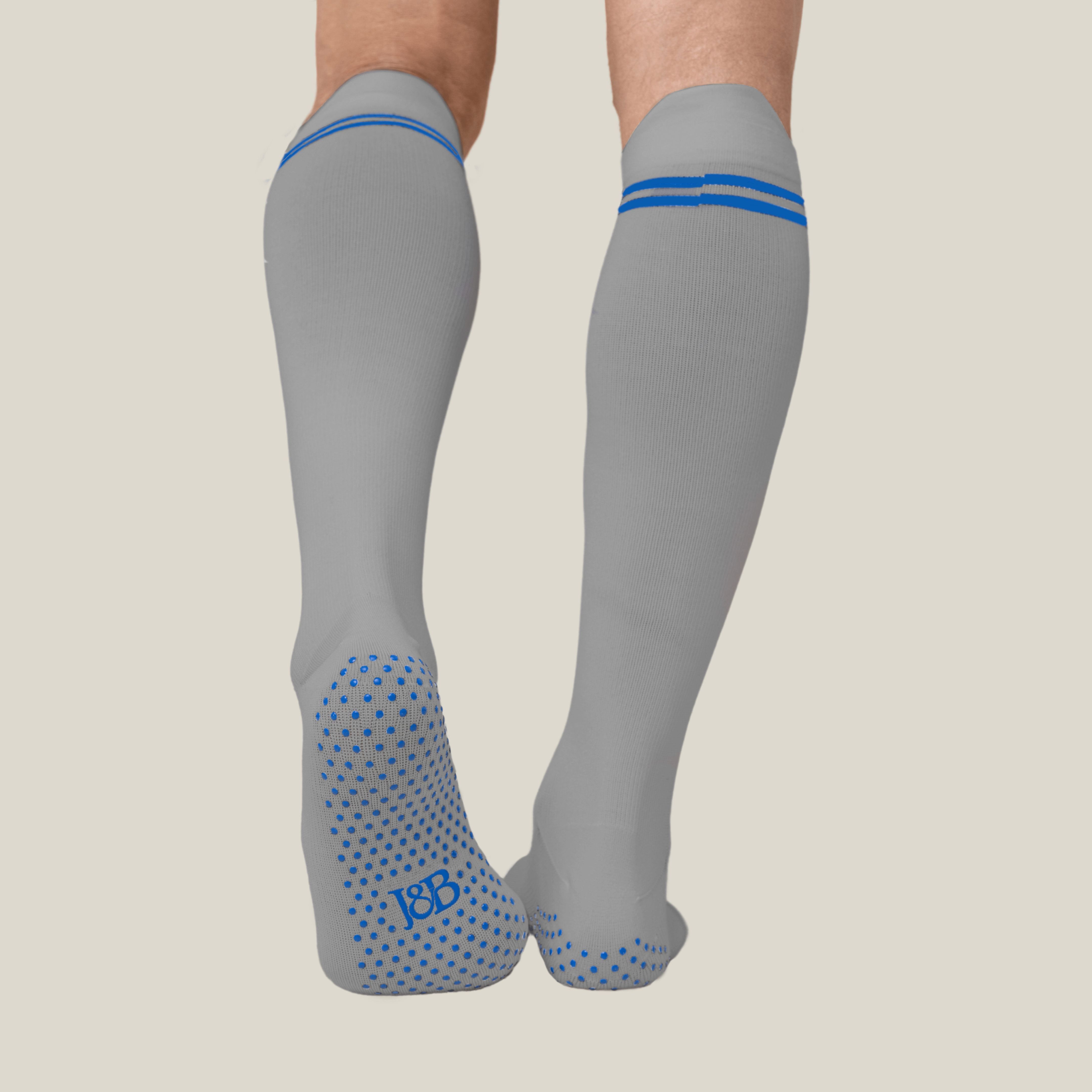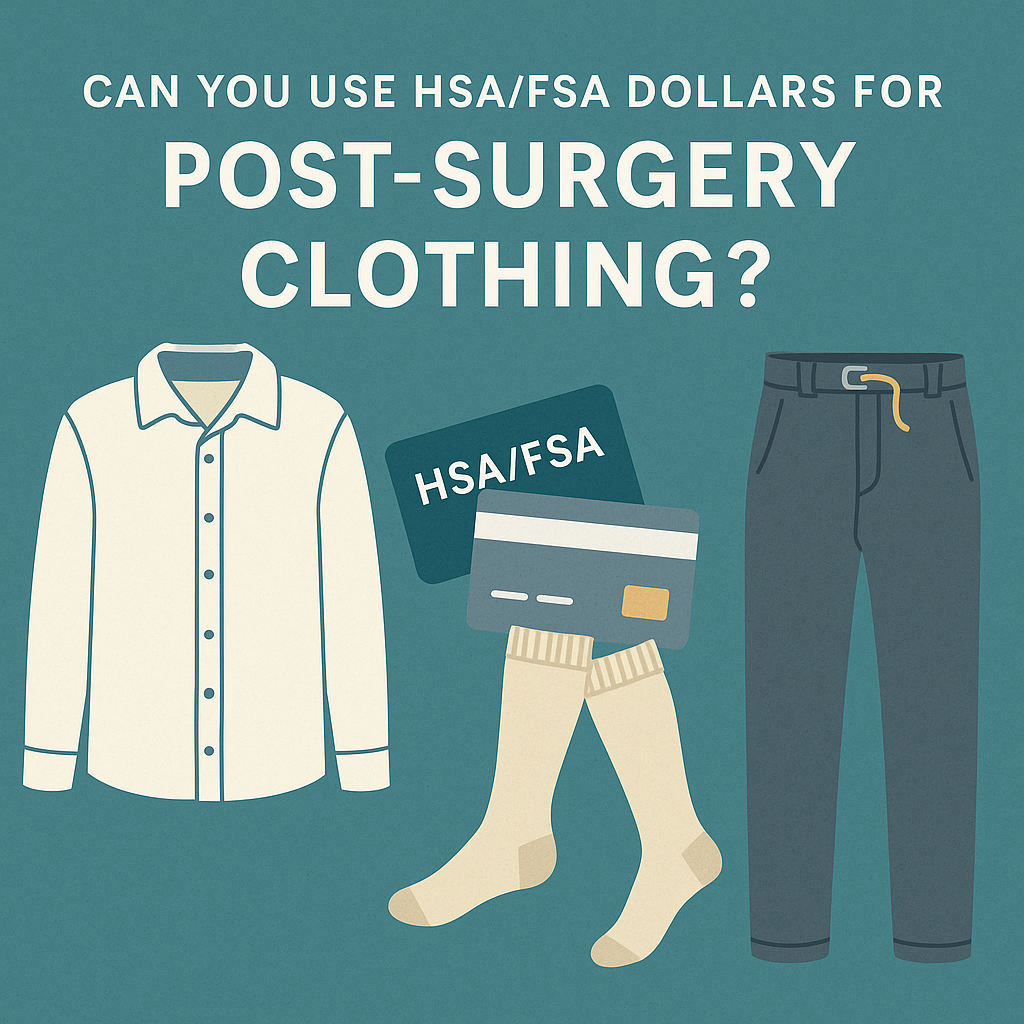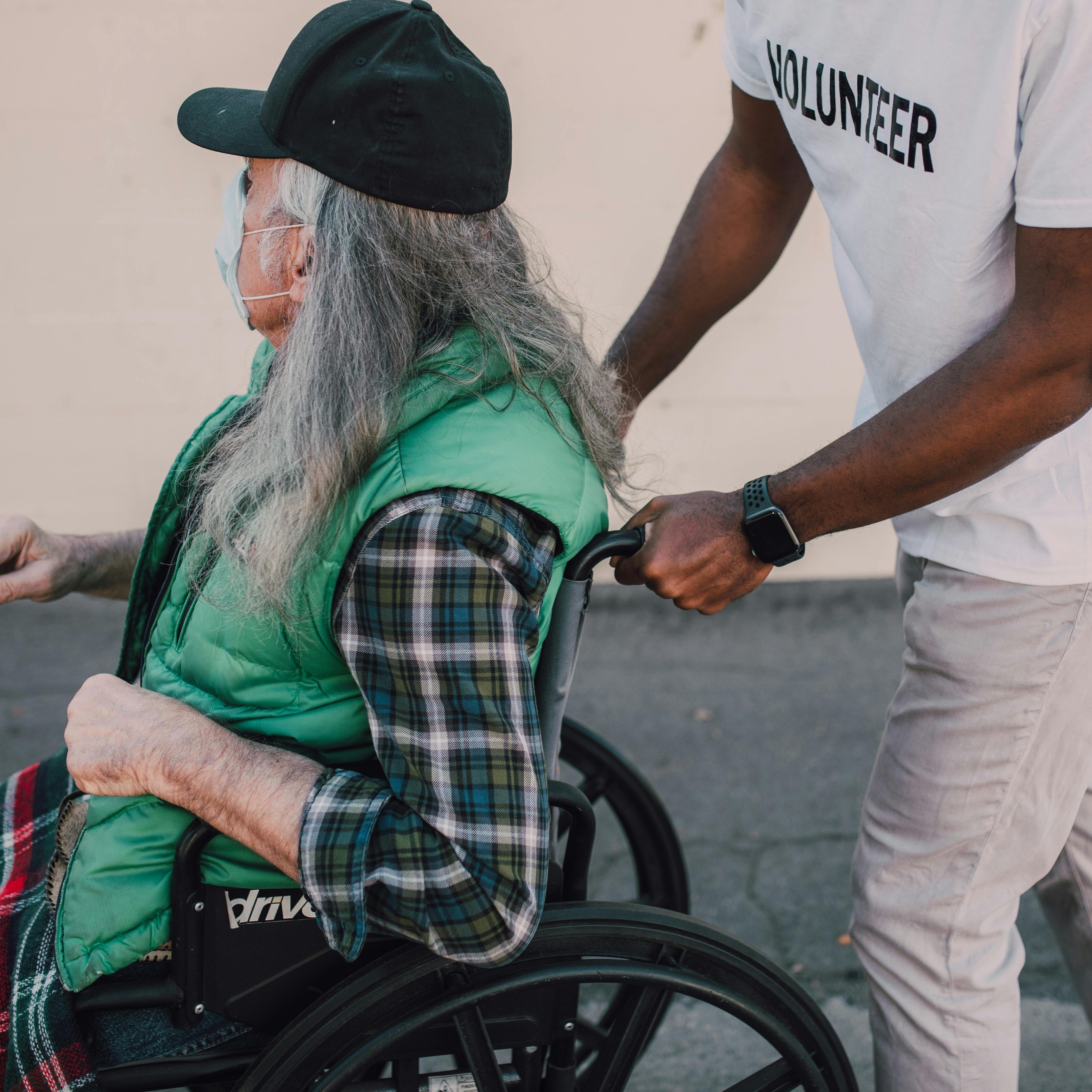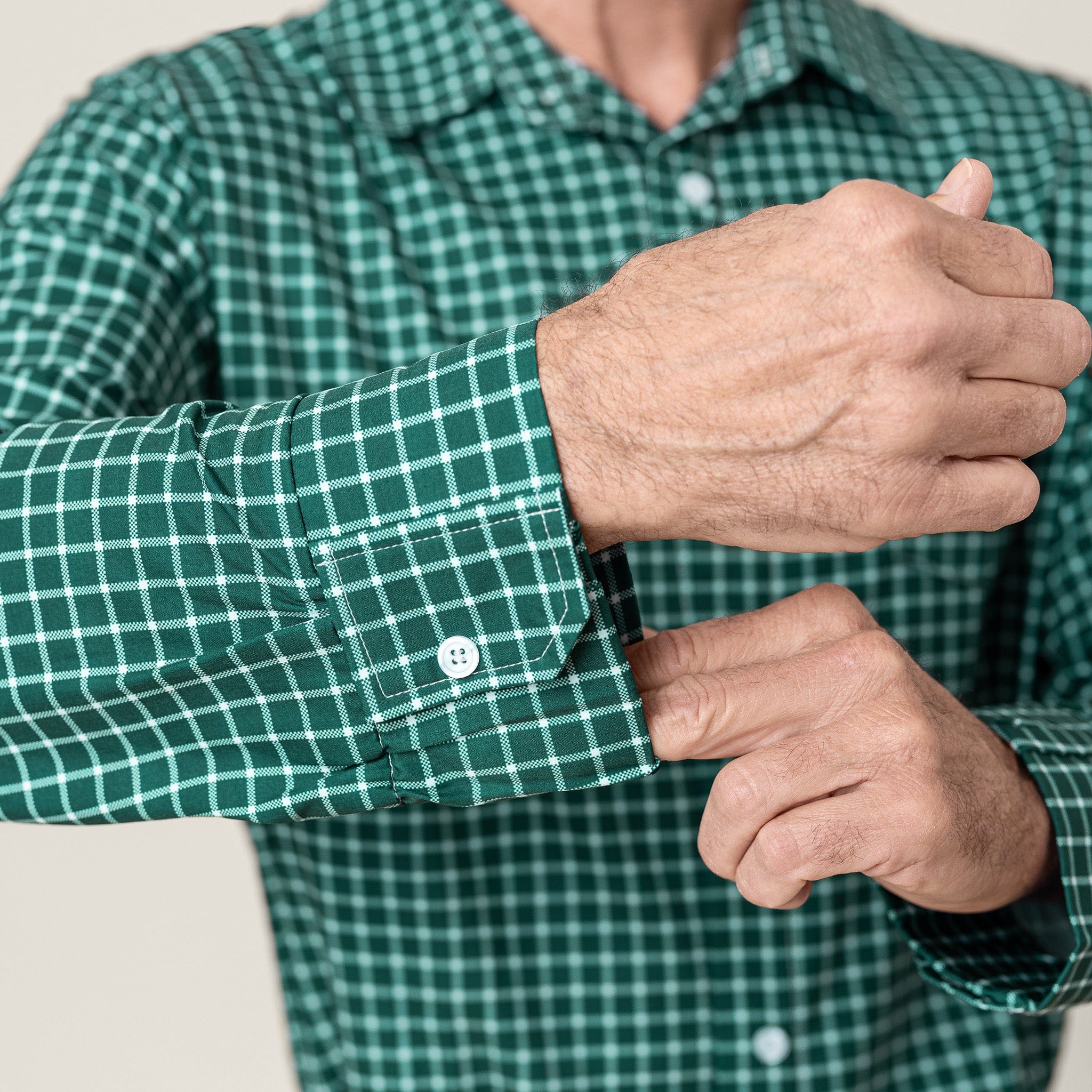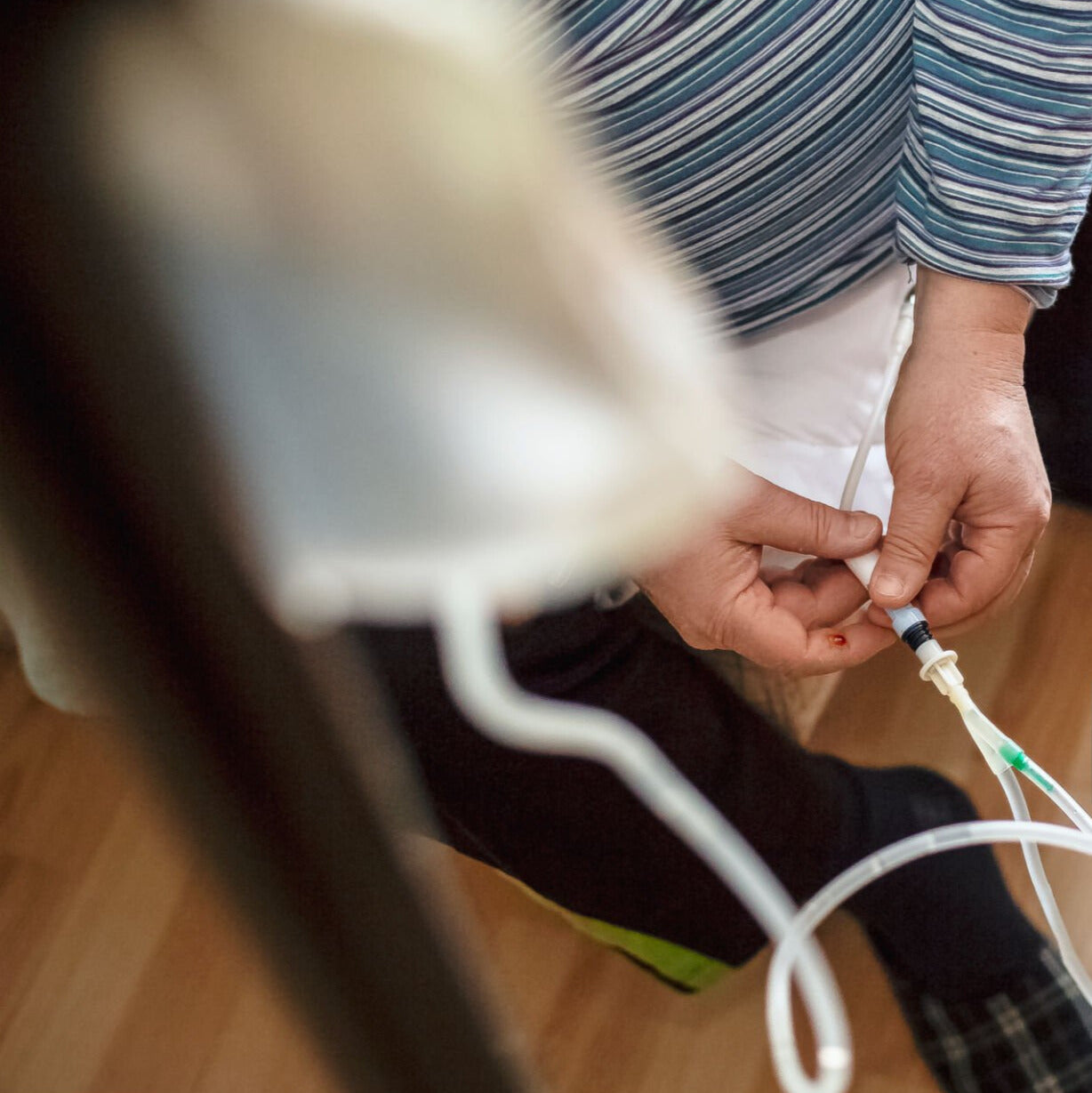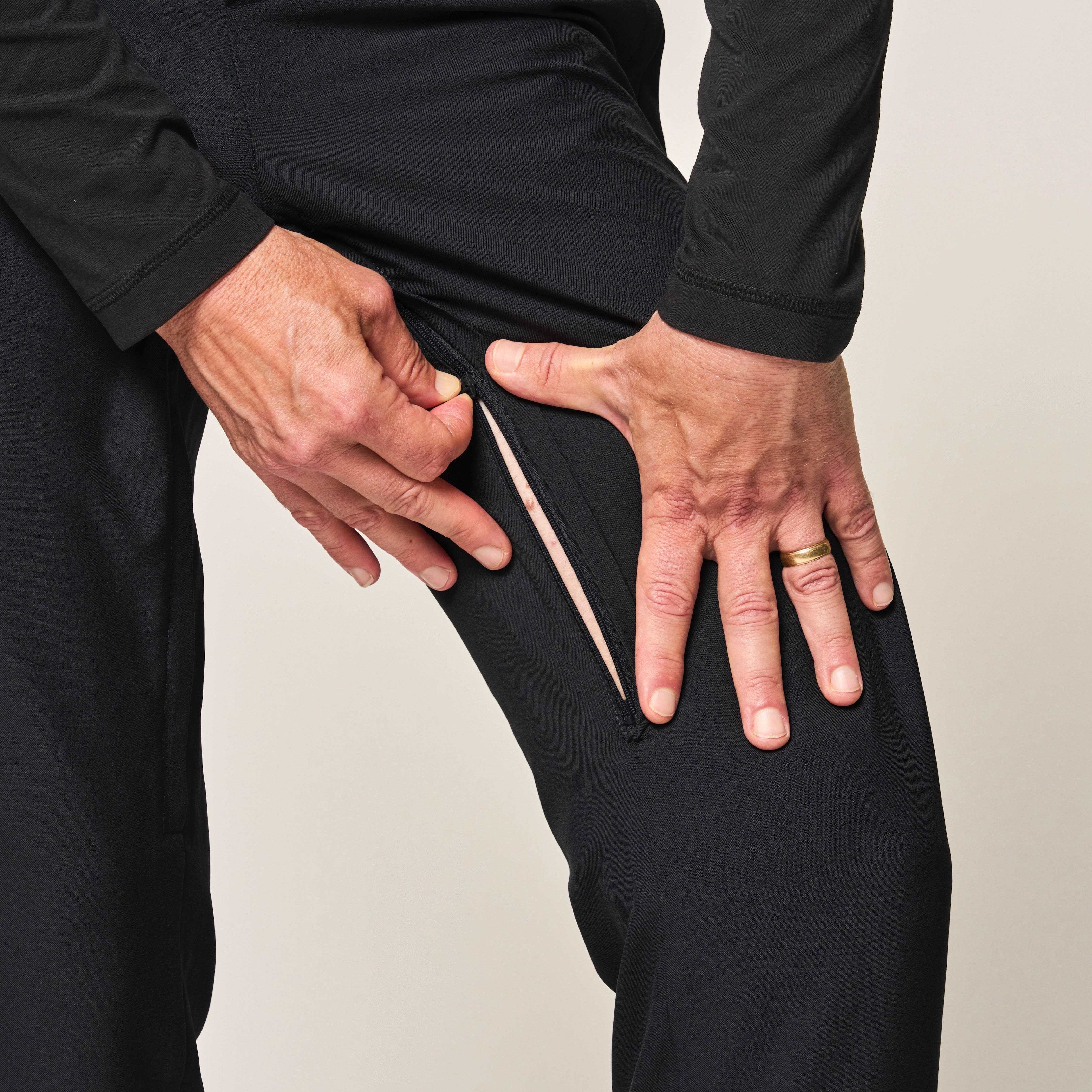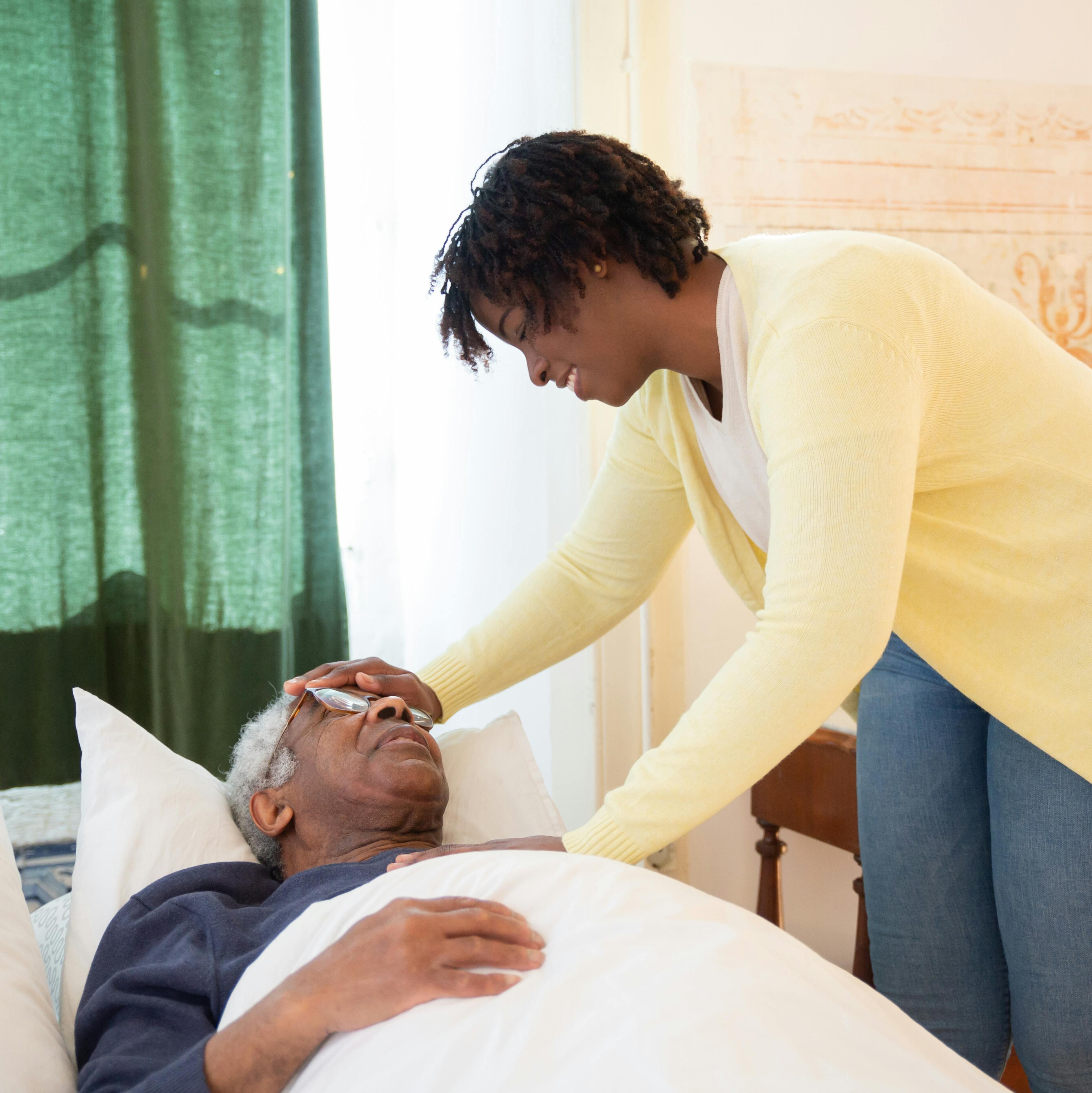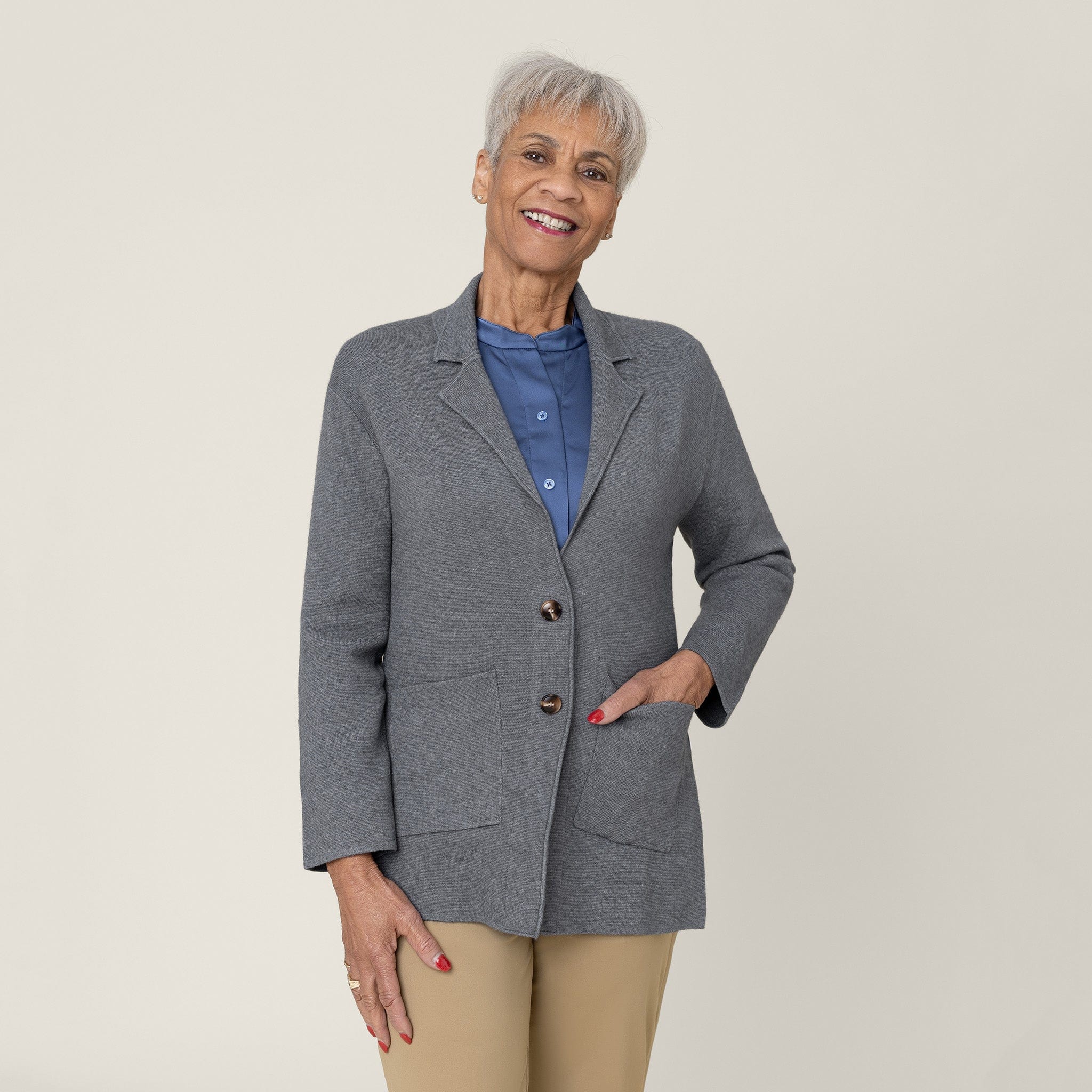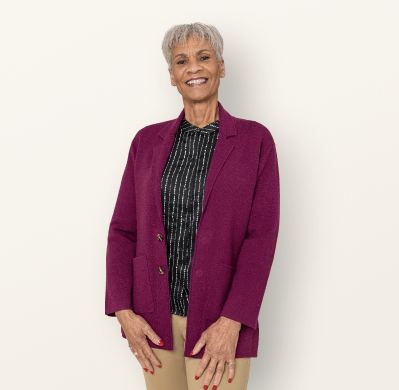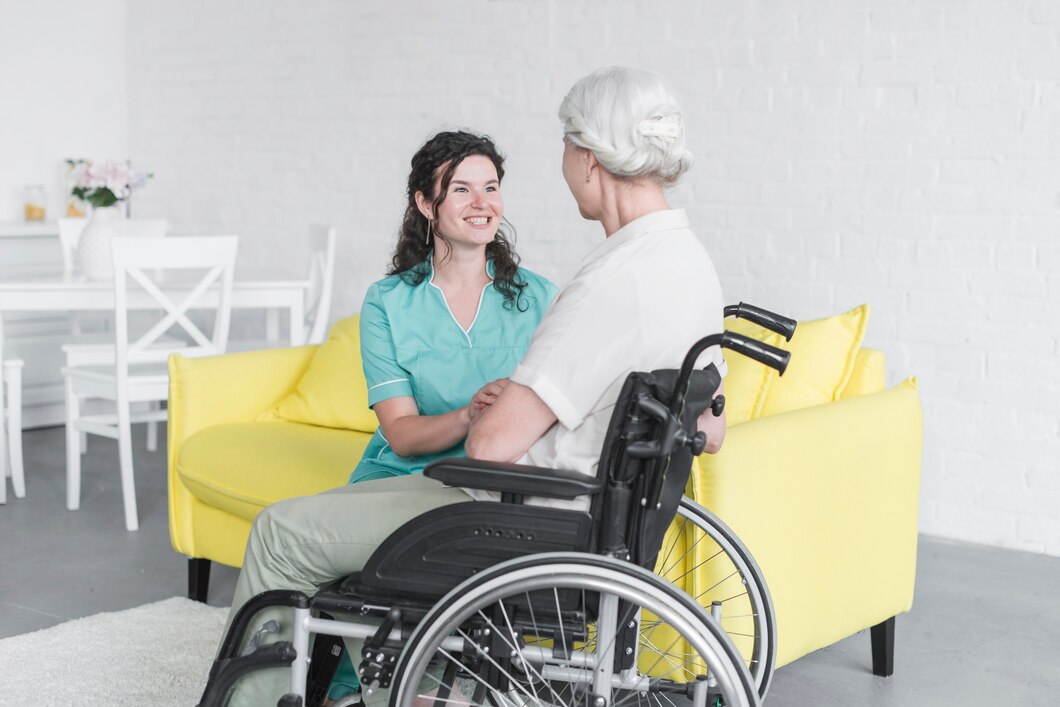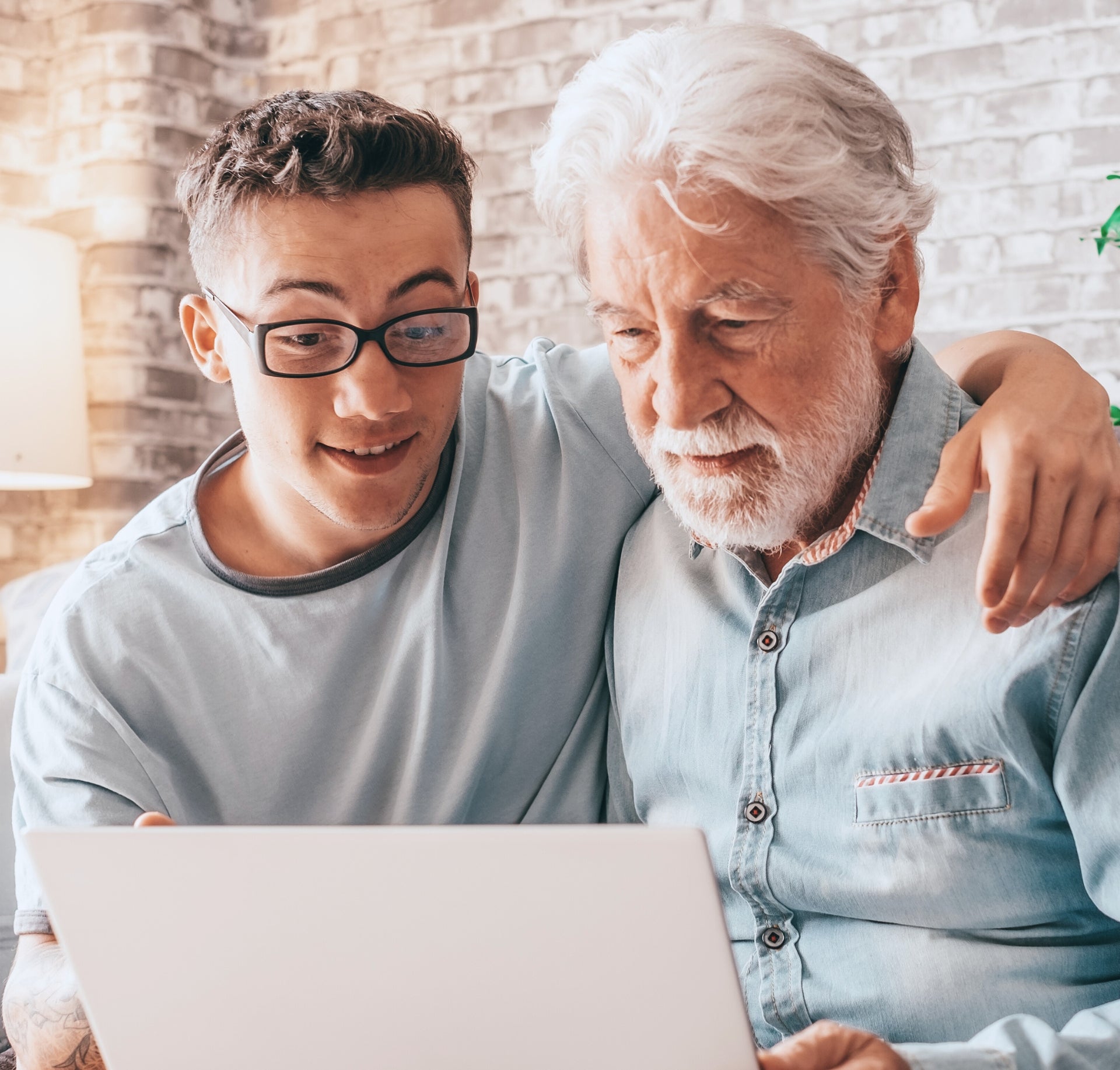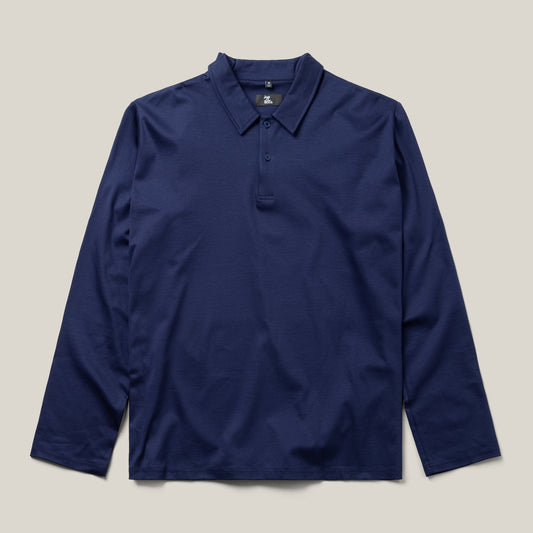Jackie Melinger is the owner-operator of My Personal Bookkeeper, a service that helps adults organize and manage their personal finances. Jackie and her team at My Personal Bookkeeper are passionate about helping older adults and their families. Jackie, along with her team of Client Advocates, work with their older adult clients to provide peace of mind and enable them to maintain independence, while their families and professional advisors feel confident and secure that their parent and client's financial affairs are handled properly.
Jackie, along with her husband Michael, also own three Home Instead franchises in the Chicagoland area.
Ben: Can you tell me about a little bit of your background and how it led you to work in the space with older adults?
Jackie: I started working in nursing homes in my 20s. In undergrad, I studied public relations and marketing and then I received a master's degree in human resources. I was introduced to a nursing-home administrator who thought that my academic background made for a great combination to do admissions and marketing in the nursing-home arena. So that's how I started. I worked my way up to becoming a nursing-home administrator and did that for a while until I stopped to start my family.
Ben: What was it like working in a nursing home?
Jackie: It's not easy! I really was working 24/7. I slept with my pager next to me at night and was always thinking about what was going on at work. I felt very responsible for the well-being of every resident.
Ben: What's My Personal Bookkeeper?
Jackie: My Personal Bookkeeper assists people with paying bills, managing their bookkeeping and budgets, insurance and household.
Ben: How does My Personal Bookkeeper help people?
Jackie: There is a wide range of how we help people. We assist people to pay their bills, making sure that they are paid on time. We review the bills to make sure they're not being overcharged or to negotiate a better rate. It is really important to review their credit-card statements to avoid fraud. We also assist with organizing insurance EOB’s and making sure those bills are being paid as they should. Overall, we help people keep track of their financial life and feel more organized.
Each client is different and has their individual needs. Here's a quick example, about a couple in their 70s: They hired us because they have a complicated financial situation. They're still healthy, but they recognize they’re slowing down a little bit. And they're worried that if something happens to them, their loved ones won't know how to access their funds, insurance policies, legal documents or to pay their bills. They hired us to put together a portfolio that lists every possible piece of information that their children might need in an emergency. It’s a Master Plan Document that can be very helpful to any individual or family.
When somebody sees their parent slowing down, quite often the parent does not want their children taking over their financial life. It might cause trouble between siblings, they don't want their children to know all of the details, or they simply don't want to burden their kids with this work. It often feels like a loss of independence. So instead, they can hire someone like us to come in and help. We help then maintain their independence. Our clients make the major decisions. We just help guide them.
Ben: What is the process like?
Jackie: We start with a phone call or zoom meeting. Pre-pandemic we would meet face-to-face with each potential client. The pandemic forced us to use alternate methods which in some ways have streamlined our processes. When we begin working with a client, we tailor the services to their needs and requests. The bulk of our clients still have in-person visits but we do some of the work remotely. We have taken on clients who are completely remote. It is very easy to do financial work online. Many older adults don't have experience setting that up. Often when we get involved, we help them to pay bills online or to automate some transactions to be more efficient and make things work smoothly.
Ben: It sounds like there is a lot of organizing that often has to be done when taking on a new client. What is that initial meeting like? Do clients typically join your service a few years later than they probably should have? How often are clients working with you proactively vs being reactively?
Jackie: We usually come in because there's some chaos going on. In our initial meeting we learn as much about their situation as possible and what their true pain points are. We try to have a family member or professional partner involved as additional support. Our goal for the first meeting it to learn about the client’s needs and answer their questions. We then set goals, prioritize and make an action plan of how to begin. Some would have benefitted from starting earlier but they weren’t ready. You would be amazed at how many older adults haven't filed tax returns in several years. People who have some cognitive decline may not remember to do it. We worked with one woman whose accountant retired and she just never found a new one. Seven years went by and she hadn't filed any tax returns. She was just sending checks to the IRS, random amounts every year without filing anything. We connected her to a trusted accountant and facilitated finding the necessary documents. She actually even received some refunds for a few of those years.
Ben: What are some common financial challenges that you come across at this stage?
Jackie: One thing that is really common is for people in this stage to over donate. Once you've made a donation to a charity, you'll continue receiving mail asking you to donate again and again and again. If you're not keeping track, it's really easy to think, "Oh, I meant to donate to them, but maybe I never sent a check in. I should send them something." This cycle continues. Many older adults, and frankly adults of any age, might donate to that same charity three times instead of just once. That's one of the places we usually start when we work with people who are charitable. We'll keep track of their donations and suggest holding off to the end of the year to make donations so that we see their financial situation a bit clearer, and then decide what they want to donate.
Ben: How should they best get finances organized so that a “hand over” of responsibilities can be as seamless as possible?
Jackie: Ideally there is a master document that contains all pertinent details of an individual's financial life (institutions, account numbers, passwords) along with any estate-related information. It should be kept safely but also easily accessible by this individual, a MPB Client Advocate, a professional advisor and/or family member for daily living, but more importantly, in case of a medical crisis causing the individual to be incapacitated.
Ben: When is it time to do this?
Jackie: As soon as possible. It can be a daunting task to complete the initial list but with the assistance of a Client Advocate it can be done. It should be revisited annually and updated as needed.
Ben: How do you help set expectations for adult children who might have not realized, until the moment before they called you, that their parents in the midst of all of this chaos?
Jackie: We try to keep them involved. But as long as the parent is still able to make decisions, it's up to them to choose who they want to have involved. And in most cases, they do want their children to know what's going on. After each visit, we send a summary email. We have clients who have three children and want all three children copied on the email. We'll include a to-do list in our email of what is needed, to make it very easy on the children. It’s easy to see what we are doing and what we might need their help with. It's very organized.
Ben: What are the biggest mistakes people make in terms of this transition?
Jackie: Assuming the "transition" is quick and easy and the only time older adults need financial help. Bills may have gone unpaid, checks lost, taxes not filed -- at which point that individual will have a hole to dig out of. It takes time and patience to get back on track.
Ben: What sort of advice you have for adult children to better prepare for this moment?
Jackie: It is so important to plan and document: Make sure legal documents are in place; the Will, Trust documents, Power of Attorney for both Property and Healthcare. It is vital that there are trusted professionals involved to help with planning. Most importantly, adult children need to have the courage to talk with their parents well in advance, when they're healthy. Take time to learn about what they want when they get older, what they don't want, what position they're currently in and what position, financially, they think they'll be in a few years from now. It's important for loved ones to know this information, even if it's a more general understanding. These can be difficult conversations but they are necessary.
Ask them these questions:
- "Mom and dad, what is your financial position for retirement?"
- "Are you going to be able to afford to live life the way you want to in your older age?"
- "Do you have long-term care insurance?"
- "Do you have life insurance?"
- "Do you want to, at all costs, remain at home if you can afford to?”
- “Do you want to move to assisted living or some other type of community where it's more social?"
You don't have to pry for all the details but know the general answers to these questions. If they aren't willing to share right then, ask them if they can you put it all in a document, so it's documented. If you can talk about end of life, as hard as that is, it's good to know all that in advance. It’s less emotional if you can talk about it when they're still healthy and put it in writing so that someday when they might have some cognitive issues, you’ll have the correct information.






